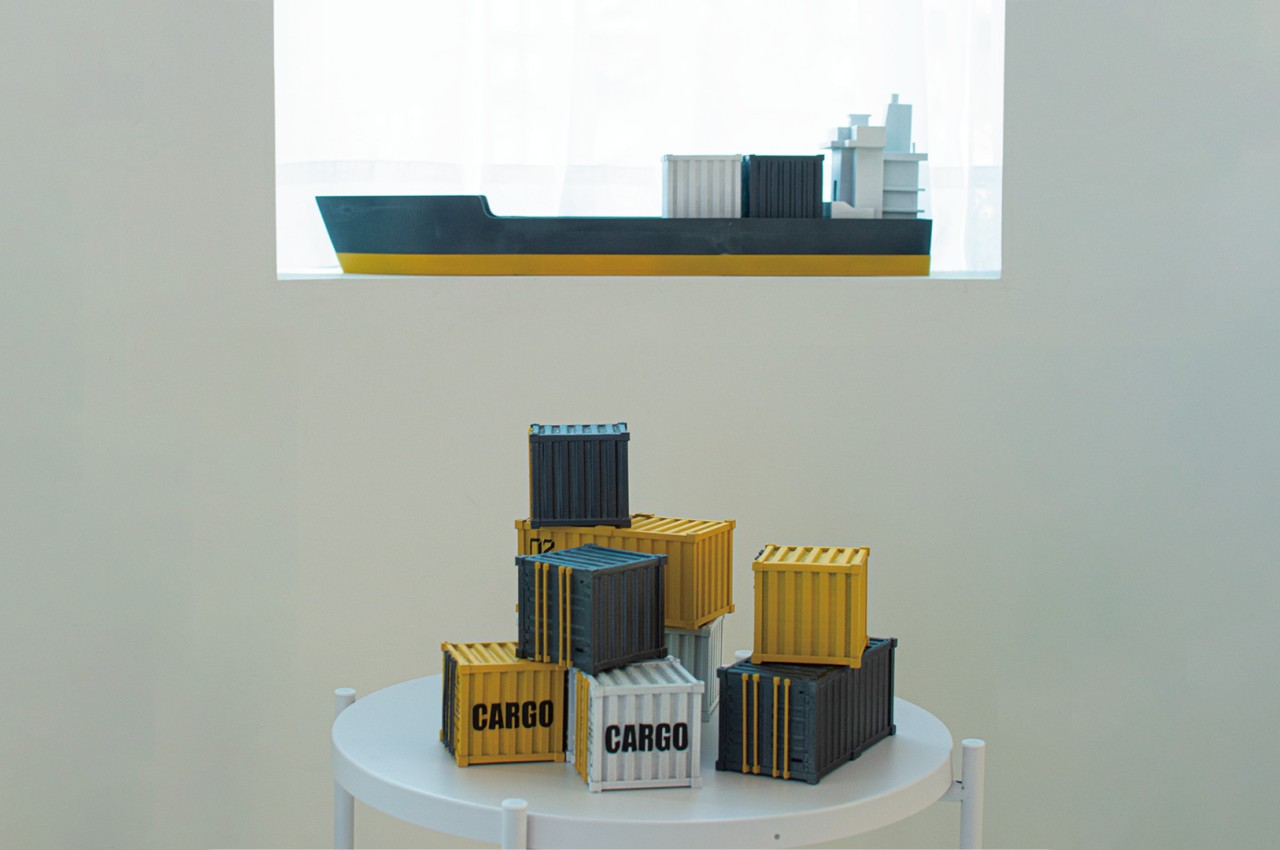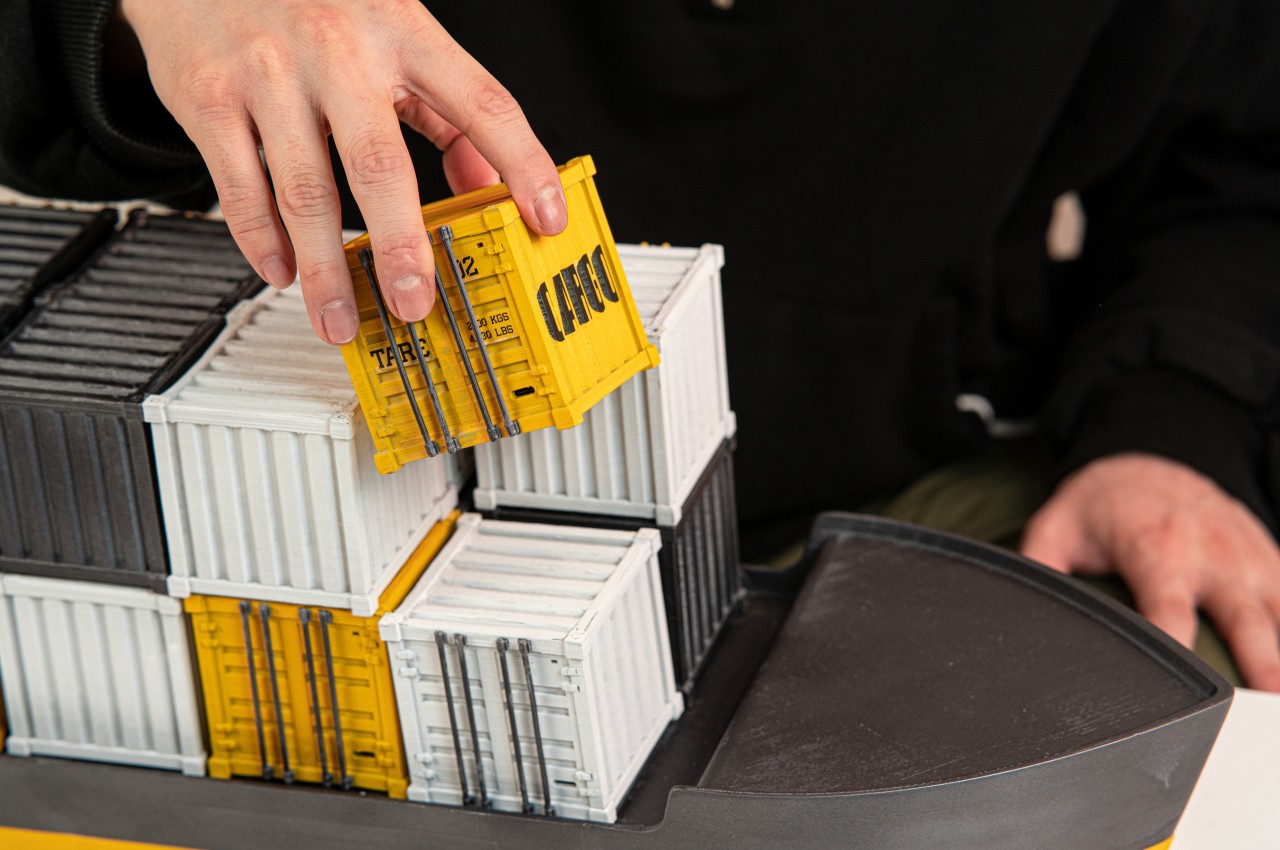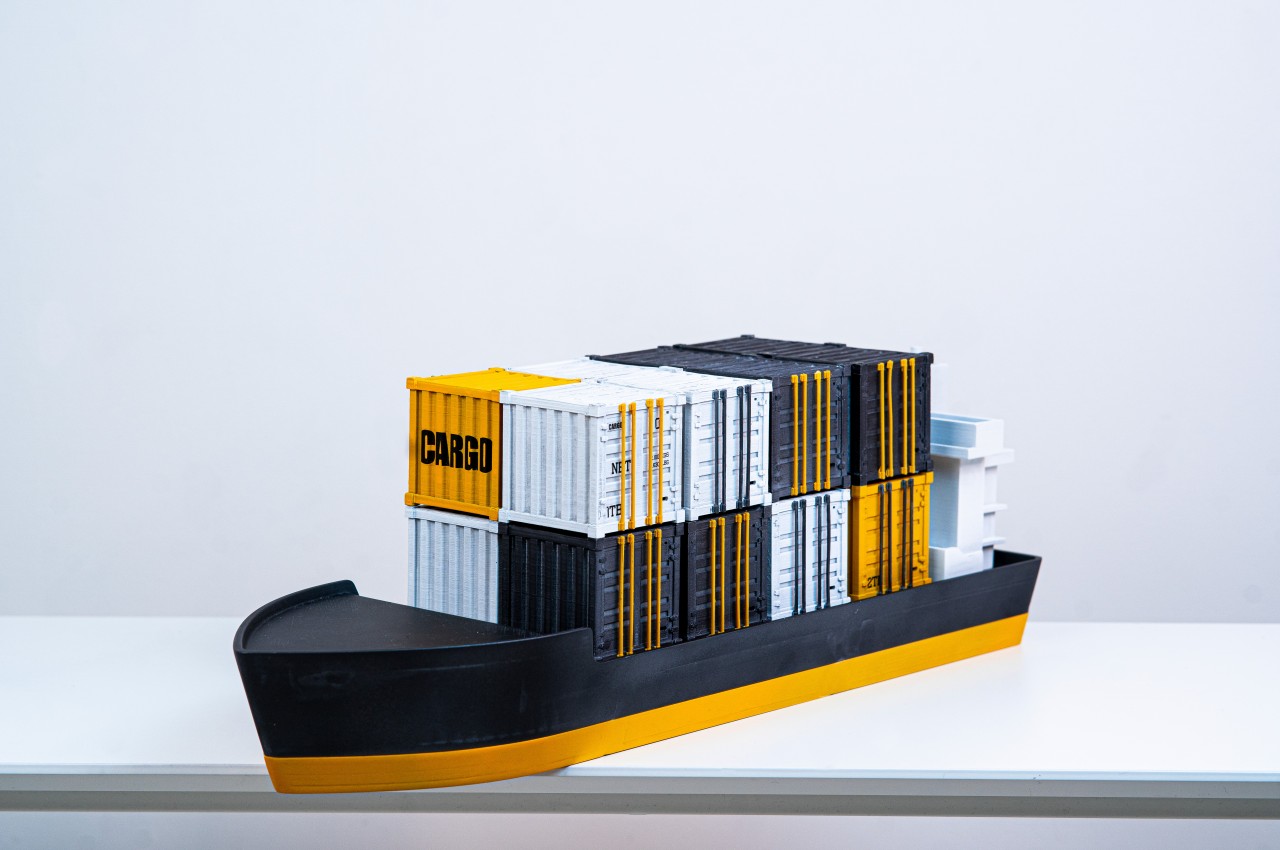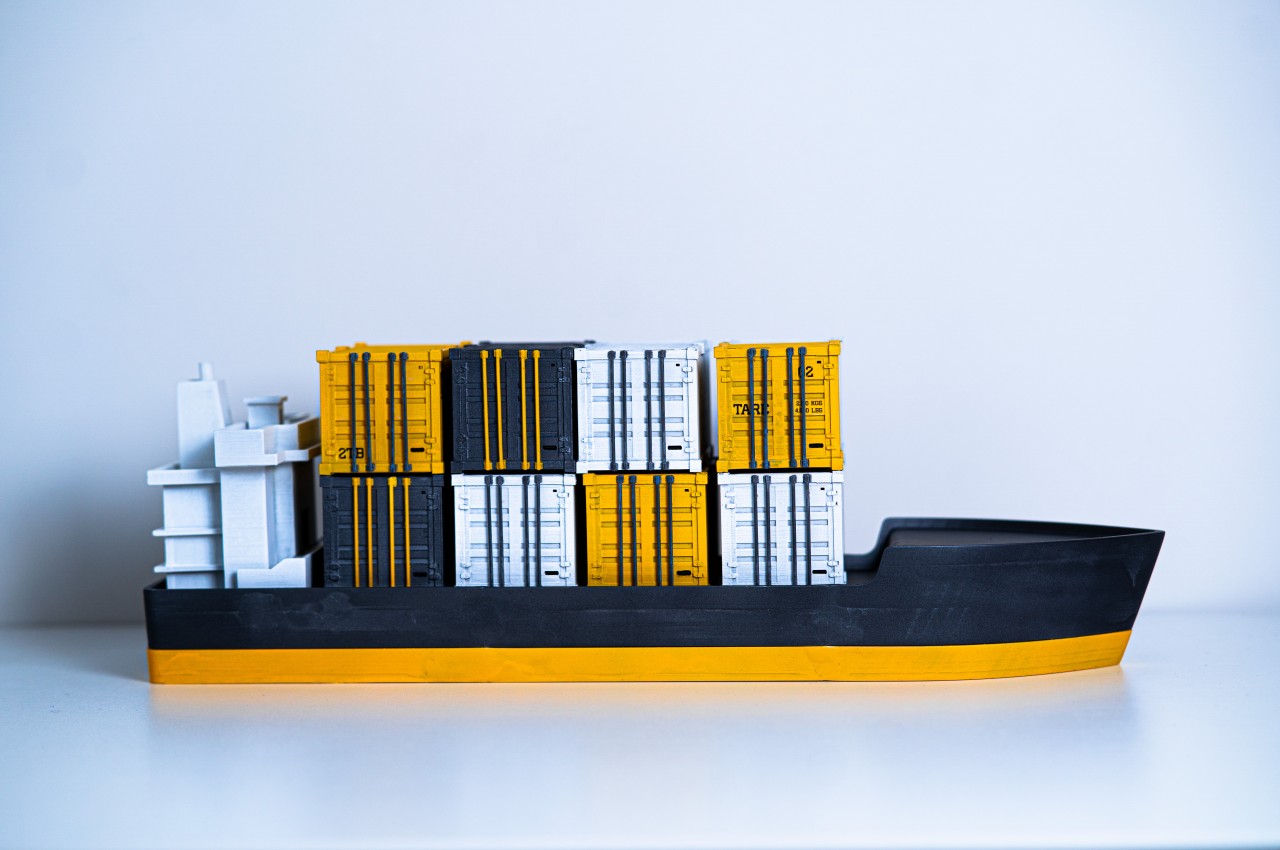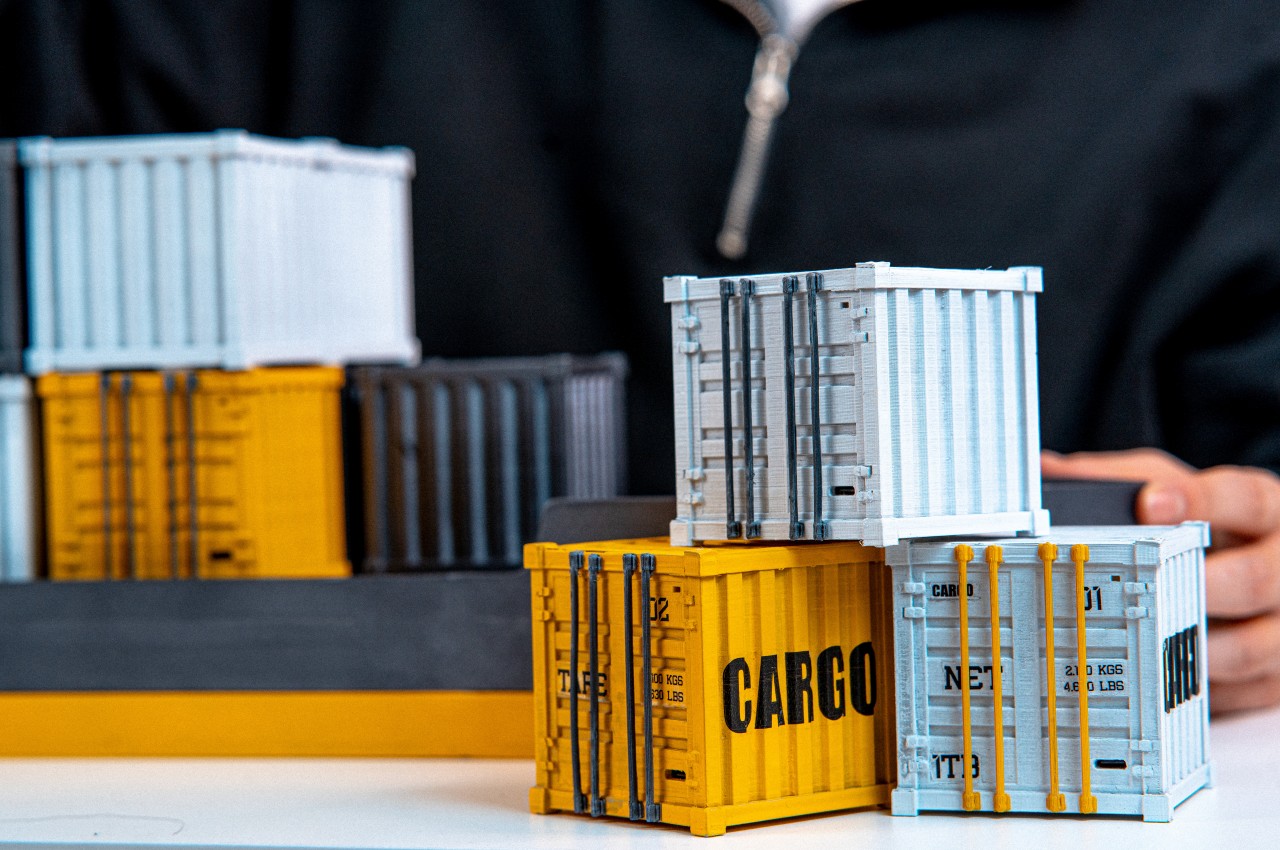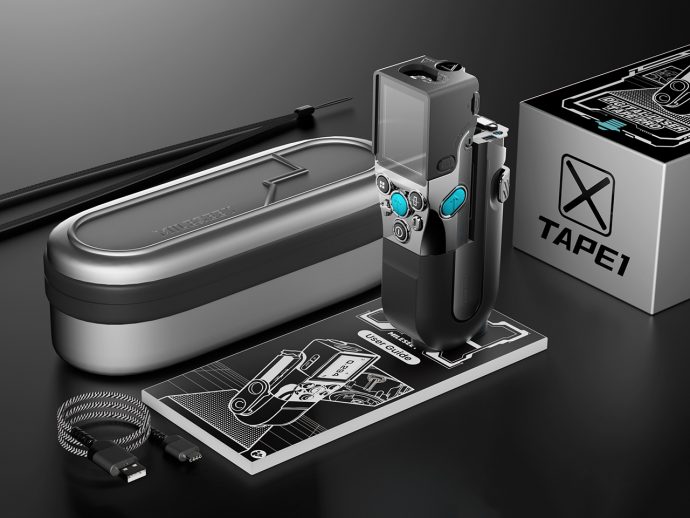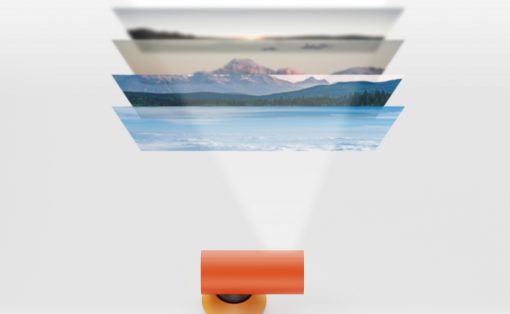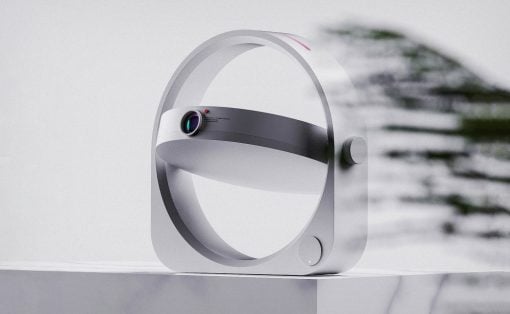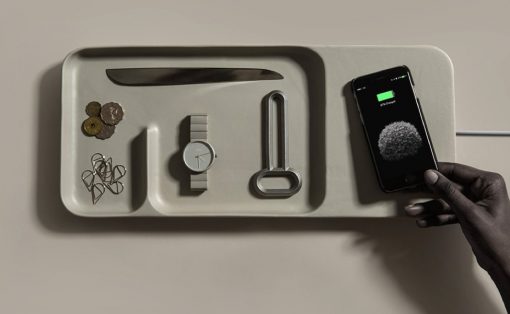
We live in a data-centric civilization, where our lives, both personal and work, depend heavily on the availability of these digital artifacts. It has even come to a point that we almost always need or want to have that data with us at all times, which has given birth to cloud storage services. Even so, there remains a need for physical storage we can carry around and quickly access without being at the mercy of an Internet connection. External or portable storage is quite common, of course, but their common designs leave plenty to be desired as far as aesthetics go. While this concept does seem to sacrifice a bit of practicality for looks, it does give an interesting interpretation of our need to move data around.
Designers: Seongmin Ha and Hanyoung Lee
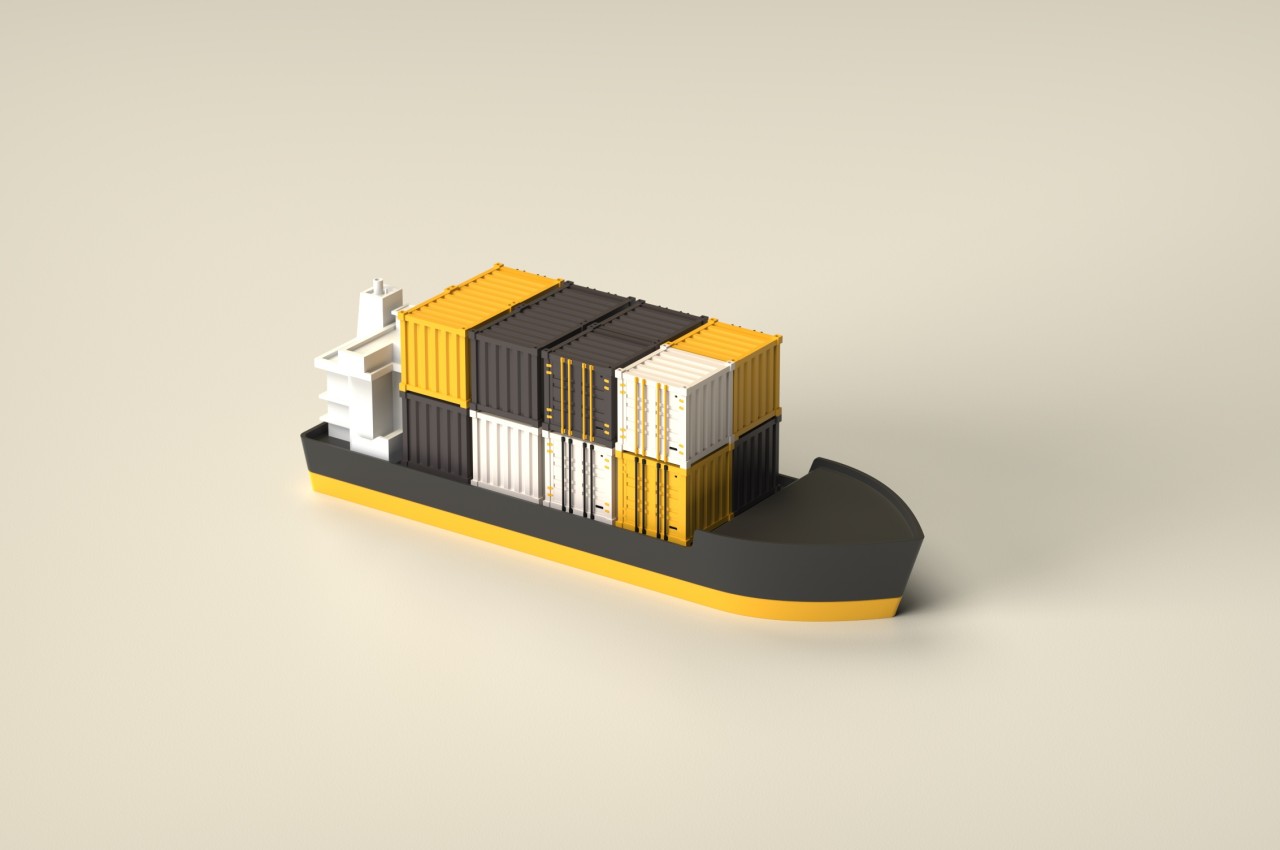
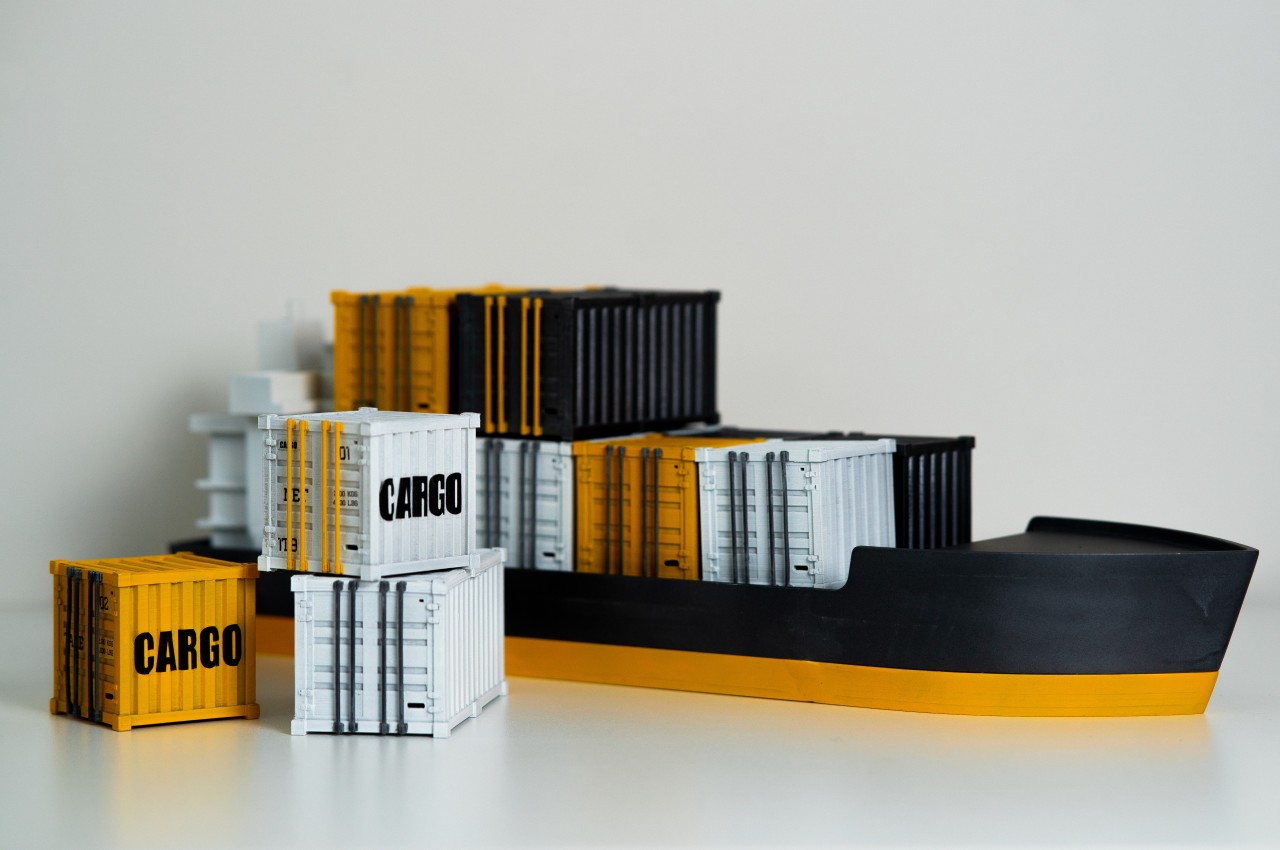
Portable hard drives come in low box shapes, their designs constrained by the technology they use. With the advent of solid-state technology, however, most of those restrictions have been lifted, but portable storage devices still come in almost the same form as their ancestors, only smaller. Granted, there are still some important considerations that drive the design of these gadgets, particularly compactness, portability, and durability. That doesn’t mean you can’t go wild with an idea from time to time and shake off the shackles of those limitations to create something visually interesting and still somewhat practical.
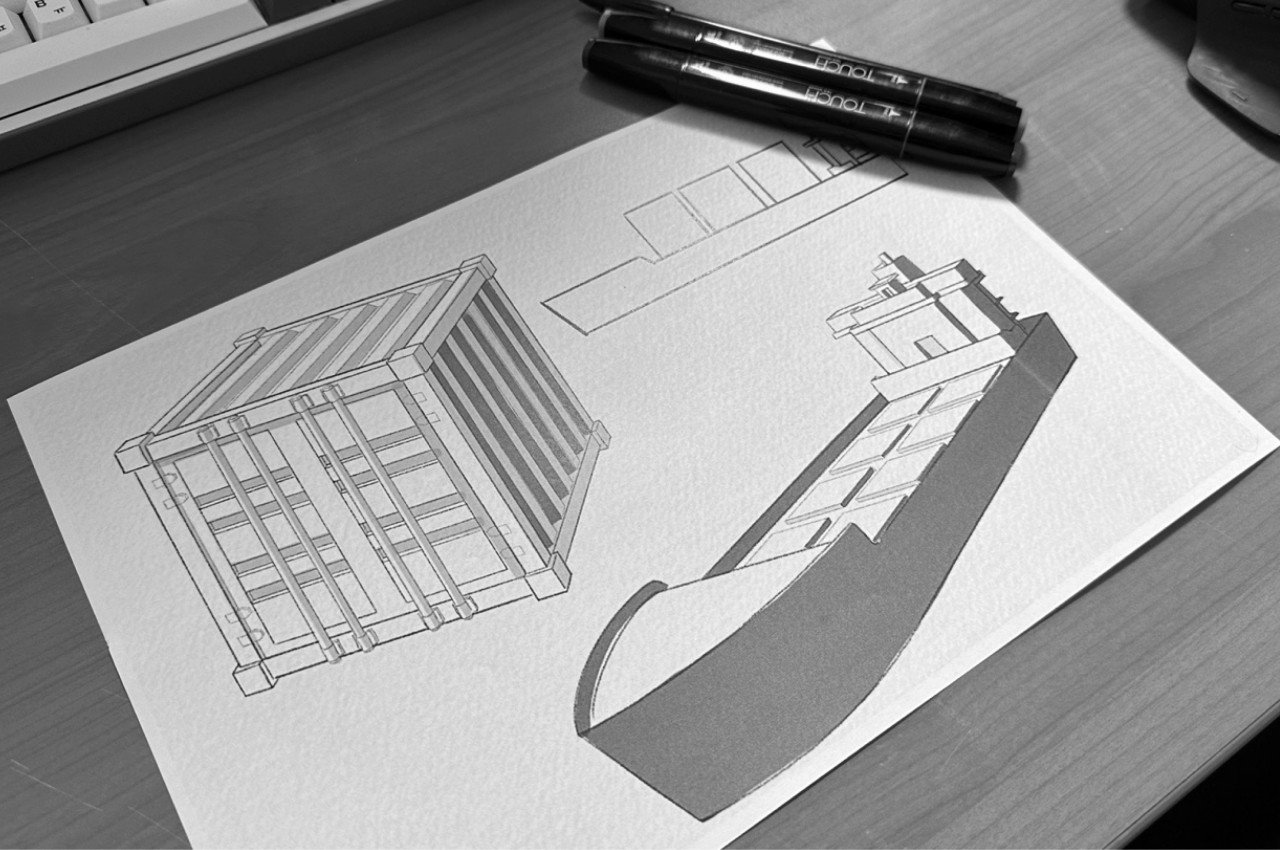
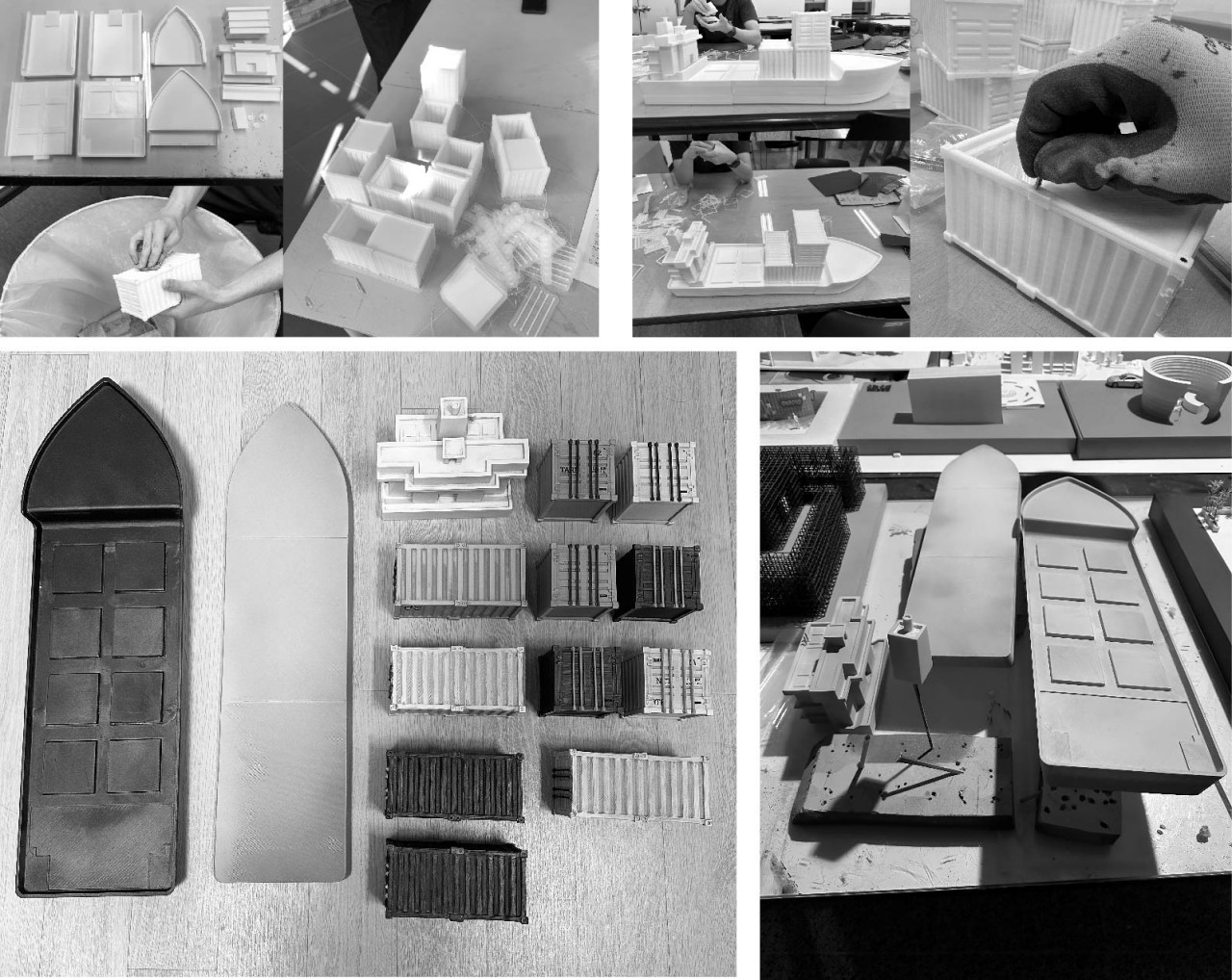
CARGO is one such design that tries to give a different interpretation to the idea of portable data storage. It uses the image of shipping containers as distinct yet interdependent units of data storage. Just like how these gigantic metal boxes are moved around constantly with their contents, so too are these cube-shaped hard drives. At the same time, however, cargo containers also have an aspect of being parts of a whole, where they would come together on a single ship, regardless of their contents or destination.


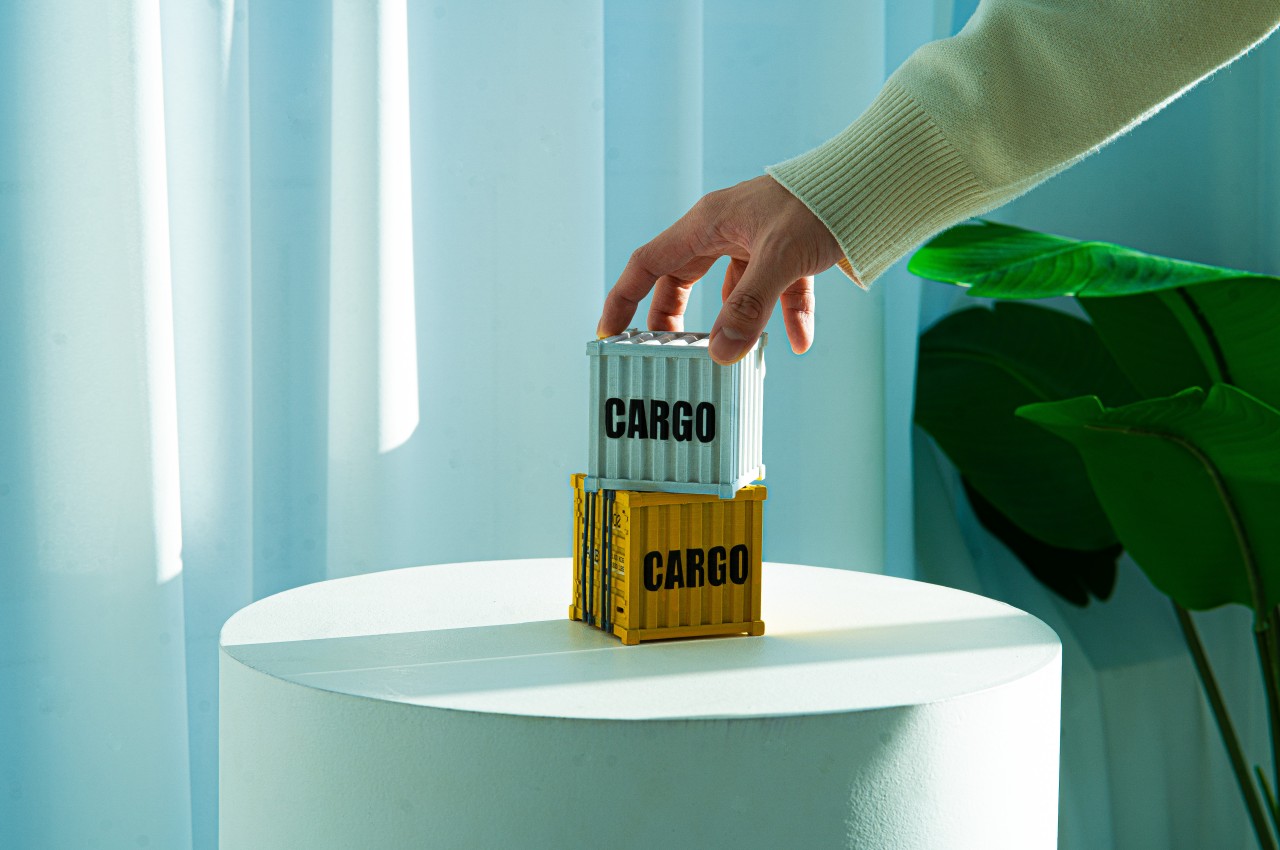
For this design concept, these elements are translated into a data server in the form of, well, a cargo ship. The different storage blocks can be moved around separately and even used on different platforms, but come together as a single data “center” when placed on that ship. The design is extremely light on technical details, non-existent, in fact, but it’s not that hard to imagine how the ship can serve as the dock for all the external drives, pun totally intended. The drives themselves connect via a USB cable, while the ship could provide a unified access point for drives that are currently connected to it.
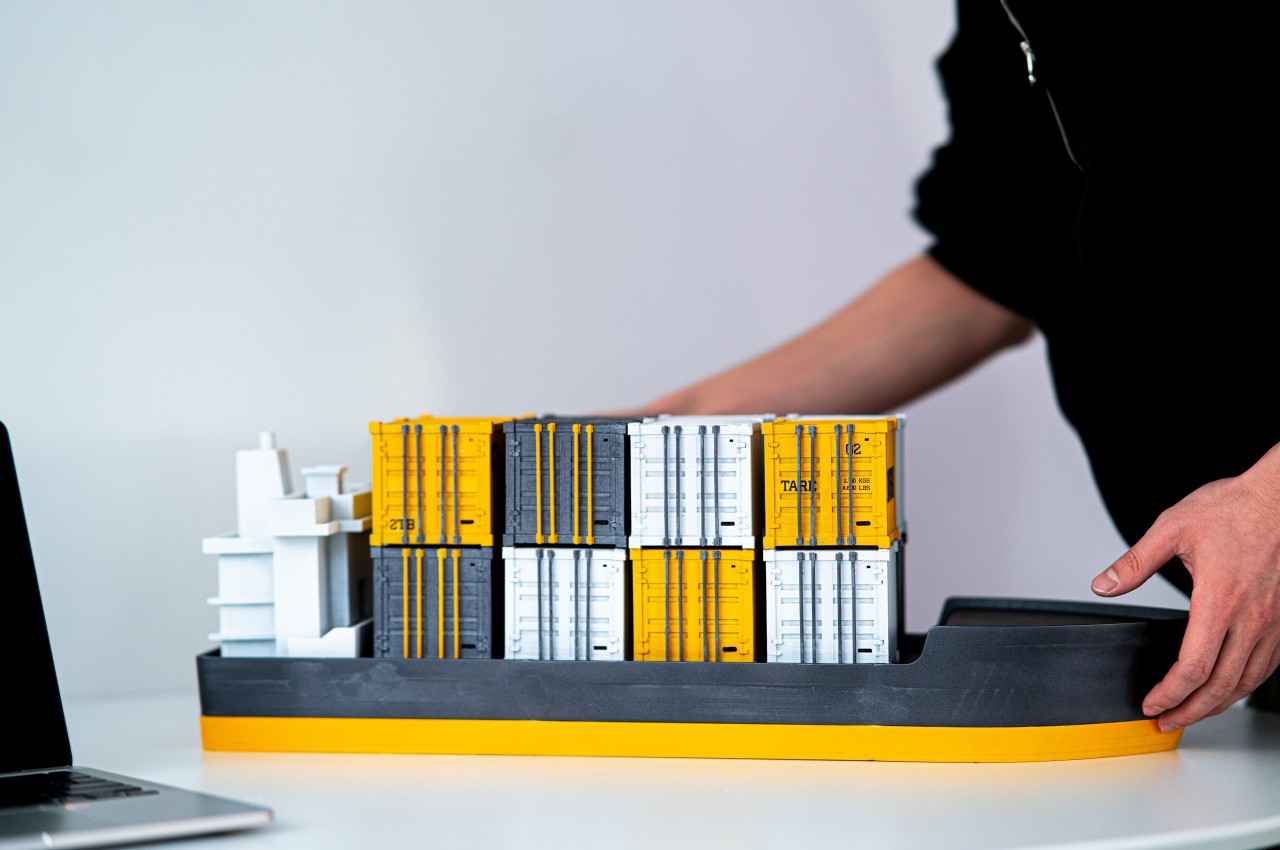
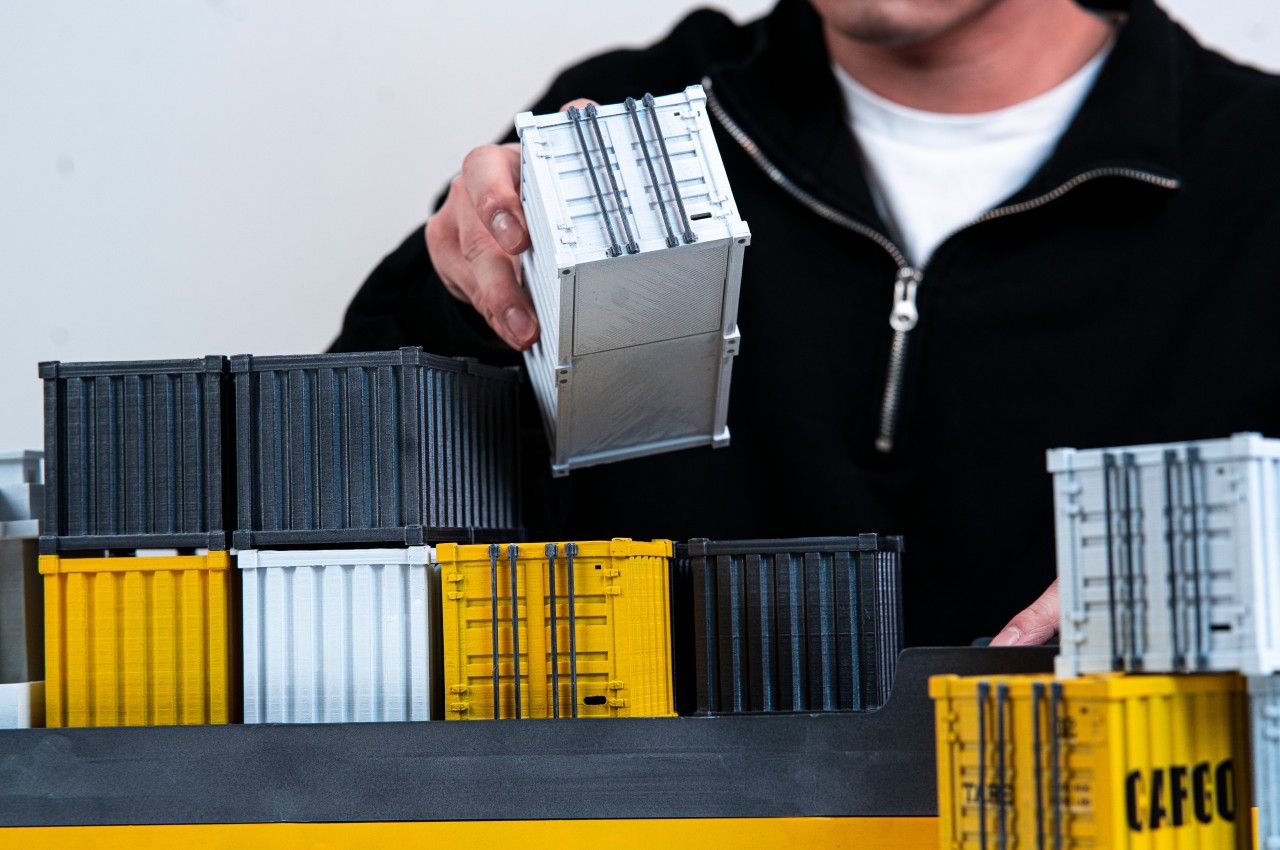
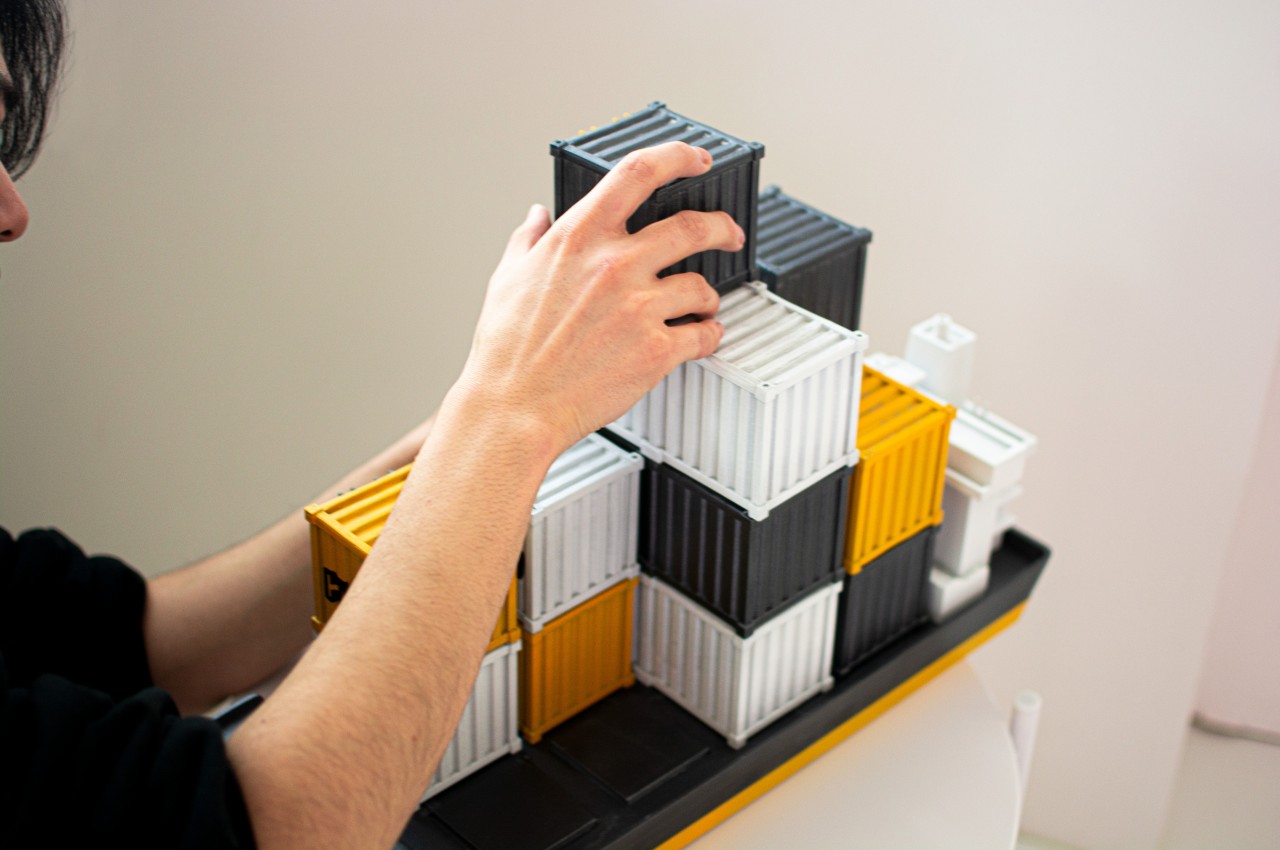
Admittedly, CARGO doesn’t have the most convenient shape or size for a portable hard drive, more cumbersome than even the thickest external storage available in the market today. It definitely wins in terms of aesthetics, though, giving a common, mundane gadget a makeover that not only makes it look interesting but also makes a metaphor more tangible and understandable to common folk.
